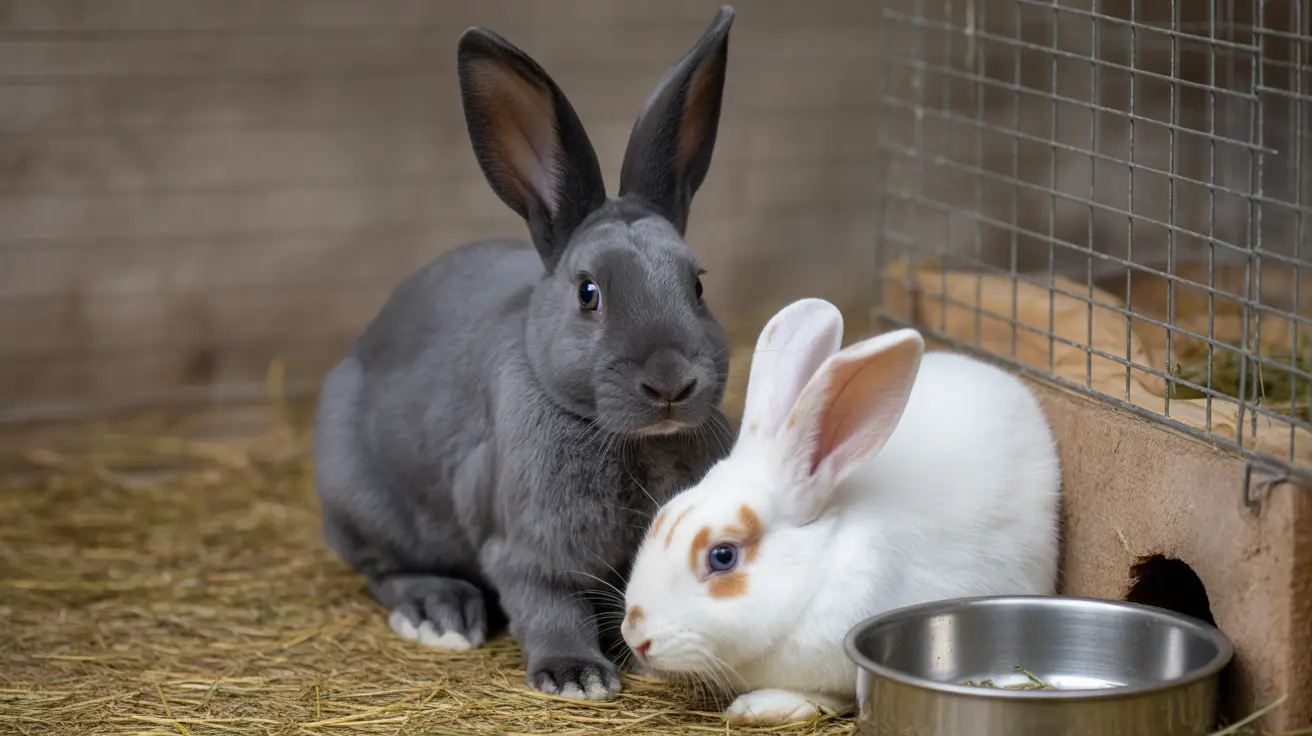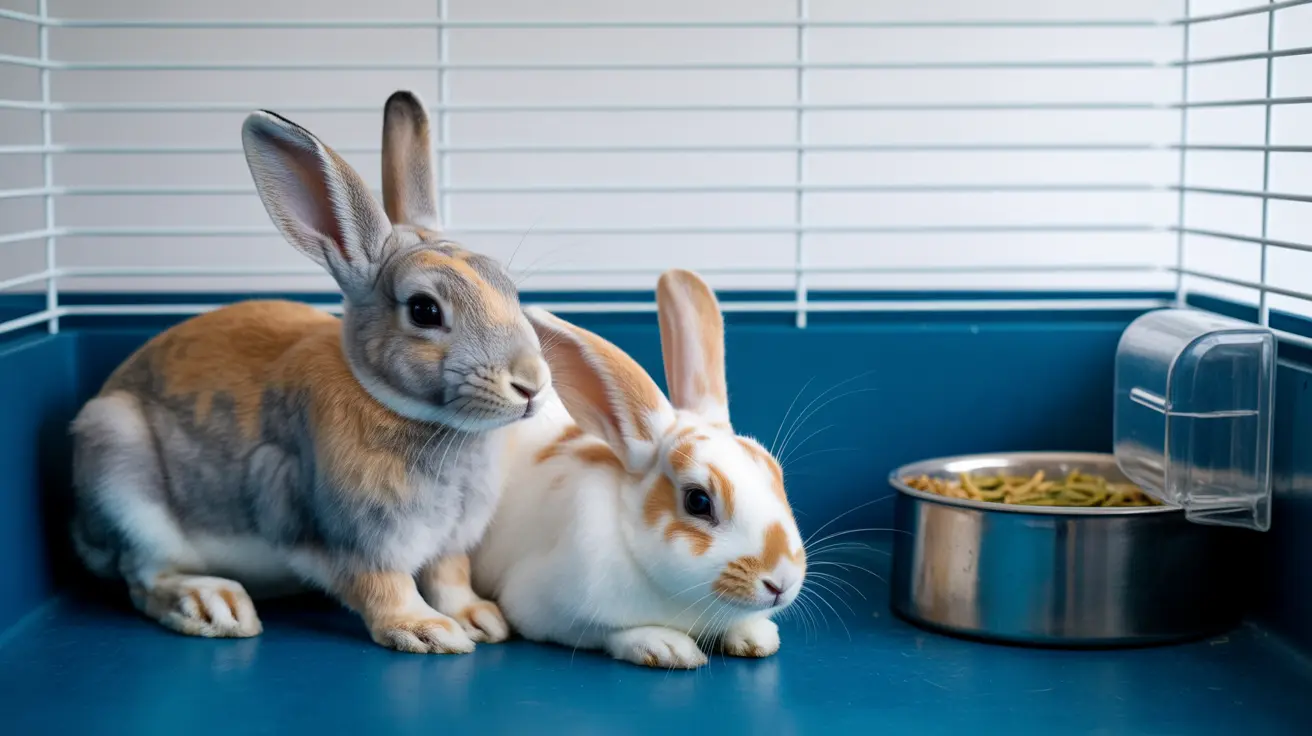If you've ever wondered why your cat chooses you as their favorite resting spot, you're not alone. This common feline behavior has deep roots in both instinct and emotion, revealing fascinating insights into your cat's psychology and their bond with you.
Understanding why your cat lays on you can help strengthen your relationship and ensure you're meeting their physical and emotional needs. Let's explore the various reasons behind this endearing behavior and what it means for your relationship with your feline friend.
The Science Behind Your Cat's Snuggly Behavior
Cats are naturally drawn to warmth, and your body provides the perfect temperature for their comfort. With an average body temperature of 102°F (38.9°C), cats seek out warm spots to maintain their optimal temperature. Your body heat makes you an ideal living heating pad for your feline companion.
Beyond temperature regulation, cats laying on their owners also involves complex social and survival instincts inherited from their wild ancestors. In nature, cats would huddle together for protection and warmth, particularly during rest periods.
Trust and Security: A Deep Bond
When your cat chooses to lay on you, they're displaying a profound level of trust. Cats are most vulnerable while sleeping, so selecting you as their resting place indicates they feel completely safe in your presence. This behavior often develops gradually as your bond strengthens over time.
The Power of Scent and Territory
By laying on you, your cat is also engaging in scent marking behavior. They have scent glands throughout their body, and through close contact, they're marking you as part of their family group while creating a shared scent that provides comfort and security.
Signs of Affection and Social Bonding
Cats express affection differently than dogs, and choosing to lay on you is one of their primary ways of showing love. This behavior mimics how cats interact with their littermates and trusted family members, indicating you're part of their inner circle.
Communication Through Contact
Your cat may also be trying to synchronize their schedule with yours. Many cats adjust their sleep patterns to match their owners', creating more opportunities for bonding and interaction. This behavior strengthens your social connection and demonstrates their desire to be close to you.
When to Pay Extra Attention
While cats laying on their owners is typically normal behavior, sudden changes in this pattern might warrant attention. An usually clingy cat might be responding to stress, anxiety, or health issues. Watch for other behavioral changes and consult your veterinarian if concerned.
Building a Stronger Bond
To nurture this special connection with your cat, create positive associations with lap time through gentle petting and quiet appreciation. Avoid sudden movements or forcing the interaction, letting your cat initiate and end contact on their terms.
Frequently Asked Questions
Why does my cat suddenly start laying on me more than usual?
Sudden increases in this behavior could indicate stress, anxiety, or health issues. Changes in routine, new household members, or environmental factors might cause your cat to seek extra comfort and security from you.
What does it mean when my cat chooses to sleep on my chest or head?
Cats often choose these locations because they're warm and allow them to feel your heartbeat or breathing patterns. Your head also emits significant body heat and carries your strongest scent, making it particularly attractive to some cats.
Is my cat laying on me a sign of trust or affection?
Yes, when a cat chooses to lay on you, it's a strong sign of both trust and affection. This vulnerable position indicates they feel completely safe with you and want to strengthen your bond.
Can my cat laying on me be related to stress or health issues?
While usually normal behavior, sudden changes in sleeping patterns or clinginess might indicate stress or health concerns. If accompanied by other behavioral changes, consult your veterinarian.
How can I encourage my cat to lay on me without disrupting my sleep?
Create a consistent routine, provide comfortable spots nearby, and use positive reinforcement. Avoid pushing your cat away when they seek connection, but establish boundaries by providing alternative cozy spots for nighttime rest.
Remember, every cat is unique, and their reasons for laying on you might combine several of these factors. Appreciate this special bond while remaining attentive to any unusual changes in behavior that might require attention.






